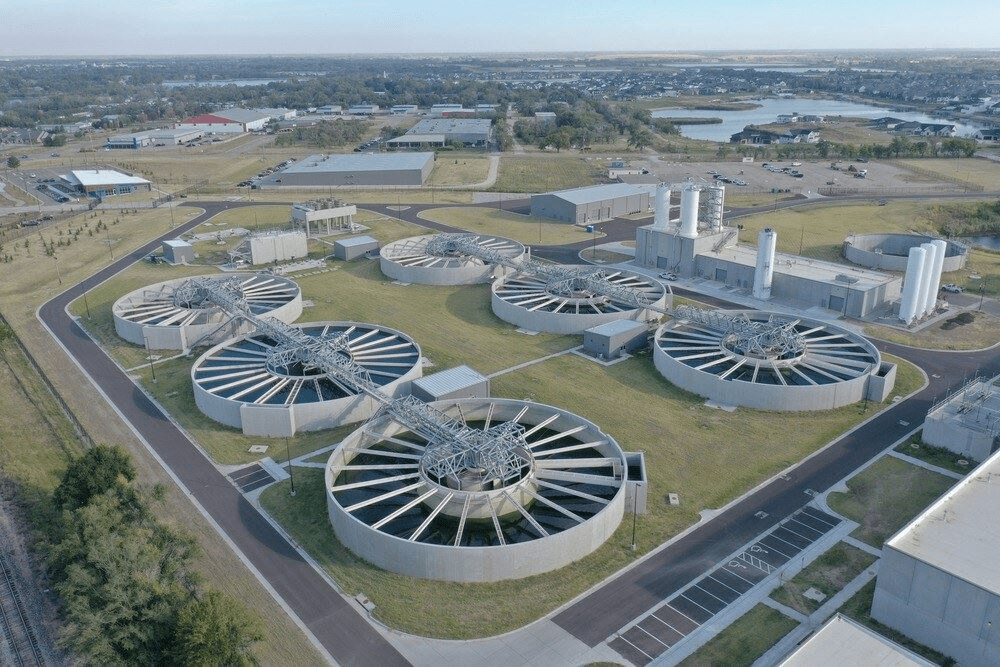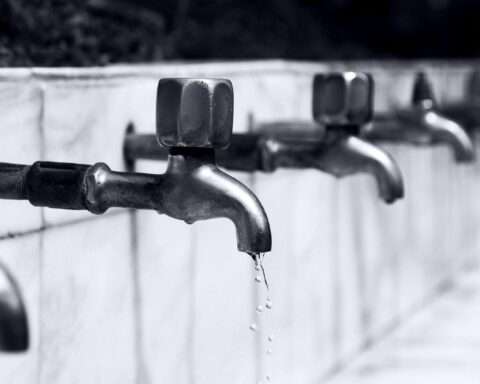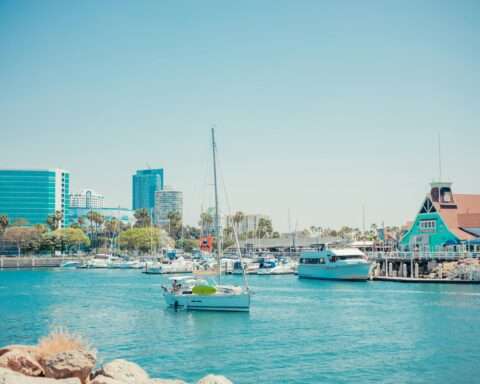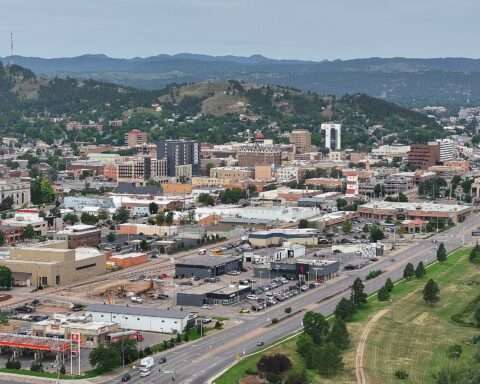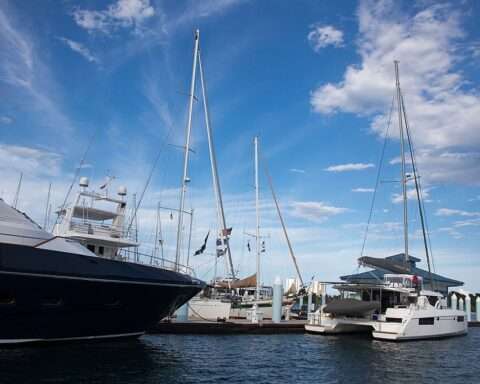The Wichita City Council in Kansas has approved a nearly $1.2 million study to investigate the possibility of the city recycling wastewater. The study will identify if and how the city could implement measures to recycle and reuse water from its wastewater treatment plants. If successful, Wichita could become one of the first Kansas cities to recycle and reuse wastewater for drinking and other purposes.
Wichita has been under drought restrictions since 2023, and many see the issue continuing far into the future. Harvey and Reno counties along with Sedgwick County, where Wichita is located, have been under drought emergency status since October. On May 13, Kansas Gov. Laura Kelly issued a declaration reaffirming the drought emergency in Sedgwick County. City officials warn residents could face further restrictions later this year or early next year depending on the 2025 summer rainfall totals. Other drought-prone cities in Texas, California and Arizona have been successful using direct potable reuse water in their drinking supply, laying a foundation for Wichita to follow suit.
Currently, Wichita uses two sources for its water: the Cheney Reservoir and the Equus Beds Aquifer. The reservoir is nearly eight feet below its normal levels, while the aquifer is sitting at 92% full. Prior to drought restrictions, both supplied the city’s 50 million-gallon-a-day water demand. Additionally, the city discharges about 25 million gallons of water each day back into the Arkansas River from its south wastewater treatment plant. The city’s goal is to recapture the 25 million gallons that would go into the river and create a new water supply with it. This recycling would provide about half of Wichita’s water demand and mitigate the long-term impacts of droughts.
The study will investigate two options of use for the recycled water: non-potable and potable water. The non-potable water would have industrial uses while the potable water could go back into the drinking water supply. In a timeline presented at the council meeting, the study into non-potable water could be done late this year. The potable water study will follow with its completion early next year.
The cost of recycling and repurposing the water were not discussed, but the city could use state and federal funds to construct the needed infrastructure. However, the meeting did not rule out water customers being impacted by rate increases. Wichita residents have experienced rate hikes for a newly online water treatment plant and other infrastructure projects. There is a more than 6% annual increase in place until 2030. This rate will then be dropped to 5% annual increases through at least 2034.
Wichita will consider and investigate several other impacts if the study deems the project possible. The impacts include working with the state on wastewater regulations that do not currently exist as the city would be the first to implement direct potable reuse. Additionally, it is unclear who has the water rights for the discharged water into the Arkansas River and the impact of how reusing the water could affect those downstream is unknown.
A smaller scale wastewater recycling program has been active in Wichita since 2015. Spirit AeroSystems uses nearly 1 million gallons of recycled non-potable water a day from the treatment plant. This project was funded by Spirit but could act as a template of what could happen in the city on a larger scale.
Photo Courtesy the city of Wichita



